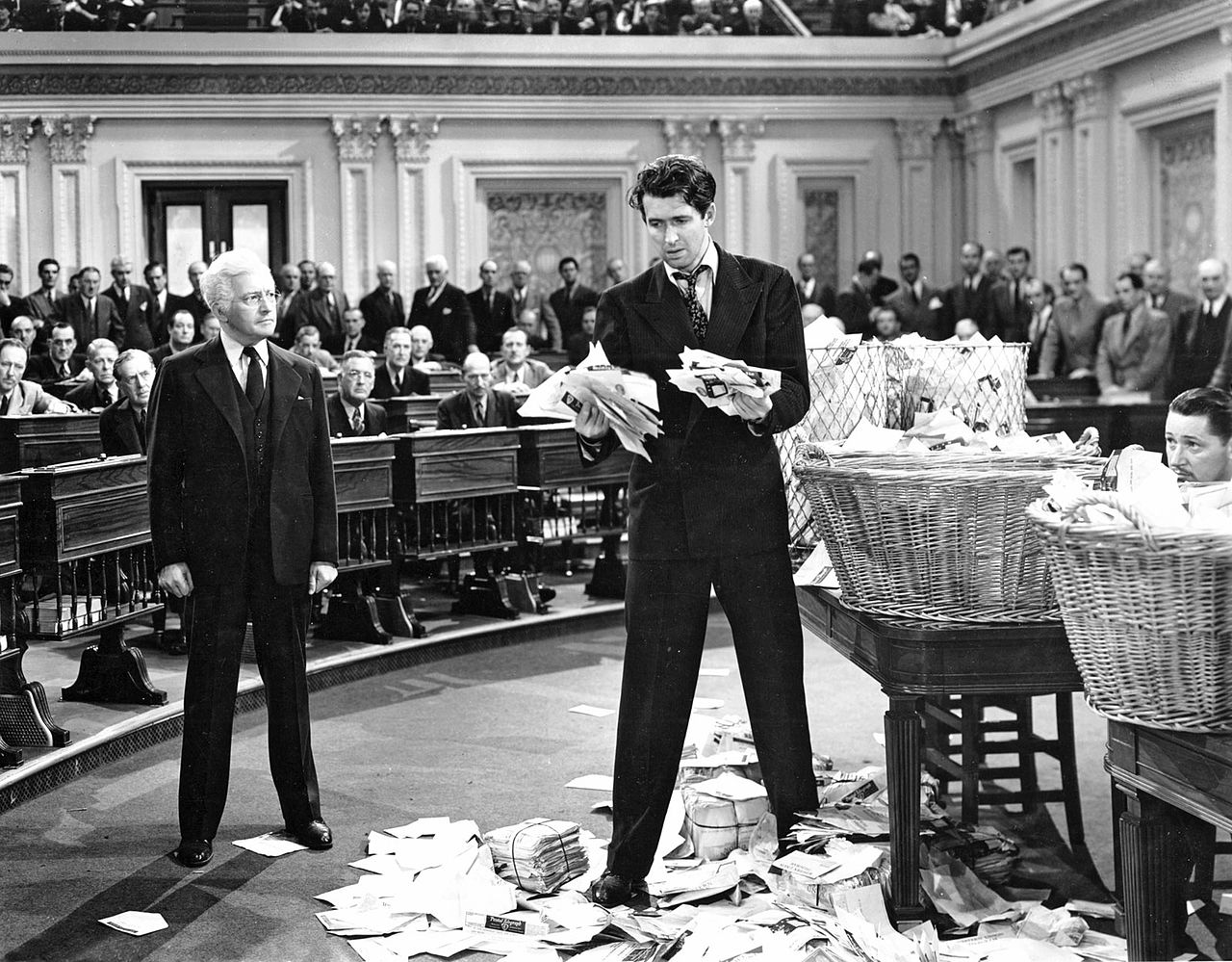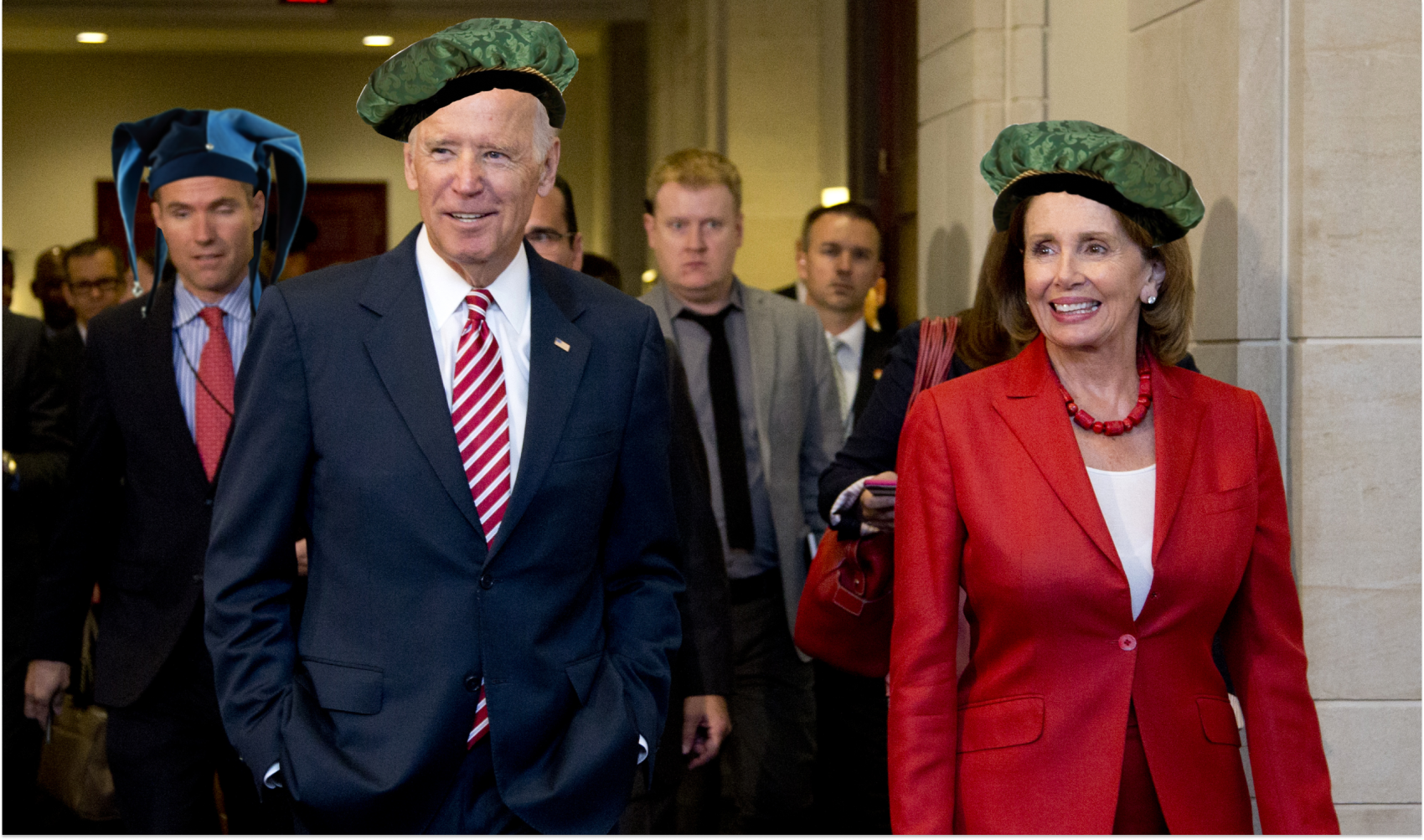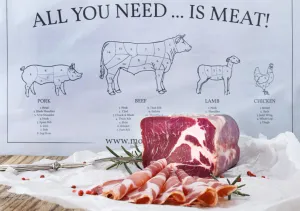On Wednesday, the House of Representatives passed a $1.5 trillion discretionary federal budget. That excludes the bigger set of non-negotiable items like Social Security and Medicare. Before I hit the real topic of this piece—pork—there are a couple funny or intriguing easter eggs in the bill worth mentioning.
For one, President Biden gets 25% more funding for a border wall than President Trump got from a Republican-controlled House in 2018 ($2 billion, compared to $1.6). That’s also 25% more than the $1.6B allotted for promoting “freedom and open markets” in the Indo-Pacific, despite big promises from Biden’s administration to prioritize the region. Of course, that pivot is being bogged down by Vladimir Putin, who helped raise $13.6B for Ukraine.
Still, the re-introduction of member-directed spending, or earmarks, stands out above all else. Earmarking is the process of funding projects in legislators’ home districts: bridges, community centers, highways, etc. Since 2011, there’s been a ban on so-called ‘pork barrel politics,’ making this its first appearance in over a decade.
Some are very excited about the comeback, such as CNN’s Chris Cillizza who referred to pork as Congress’s “secret weapon” to get things done. According to him, earmarks incentivize party discipline; maybe Joe Manchin would support green energy if West Virginia saw some new infrastructure projects. It could also promote bipartisanship, for similar reasons. Why couldn’t a few Romneys or Murkowskis be bought with new community investments?
It’s not all roses, though. Back in 2011, there was bipartisan support for banning earmarks, largely because they appeared to enable corruption and wasteful spending, such as Alaska’s infamous $400 million “Bridge to Nowhere.” Today, many are still opposed to pork’s return, either because it seems corrupt or pointless. After all, they say, our hyper-polarized politics are no longer locally-oriented, and campaign finance will still dominate legislative incentives, anyways.
I’ve got some thoughts on this situation, given the current state of American democracy. First of all, it’s ridiculous to say that we shouldn’t pursue congressional reform because it won’t be as effective as, say, repealing Citizens United and totally overhauling our campaign finance regime. I mean, duh.
However, as our legislature continues to erode democracy by habitually deferring decision-making to the less accountable courts and executive, doing anything to promote an active Congress is good. Legislators are lazy because, if legislation won’t deliver to their constituents and directly help guarantee their re-election, it’s generally safer to do nothing at all. Pork could indeed help break those perverse incentives. What’s more, claims that this won’t be very effective because politics is no longer local are confused. Part of the reason for the nationalization of politics may well be that, without pork, there was no reason to think of politics as local! Why would someone care about a legislator’s local track record, if there’s no way for them to develop one?
Lastly, if I’m given the choice between 1) some petty corruption that could induce more bipartisanship and more legislative activity, or 2) a ‘squeaky-clean’ Congress full of hyper-polarized dramatists because parties have no real way to discipline their members or induce cooperation, then I’ll take a bit of “corruption” every day. I hardly think it’s corruption, anyways, for legislators to try to win benefits for their constituents. In fact, I’m pretty sure that’s exactly how representative democracy was supposed to work all along.
Subscribe to SpectaclesFor more on our present political morass, here are some selections from the archive:





Comments
Join the conversation